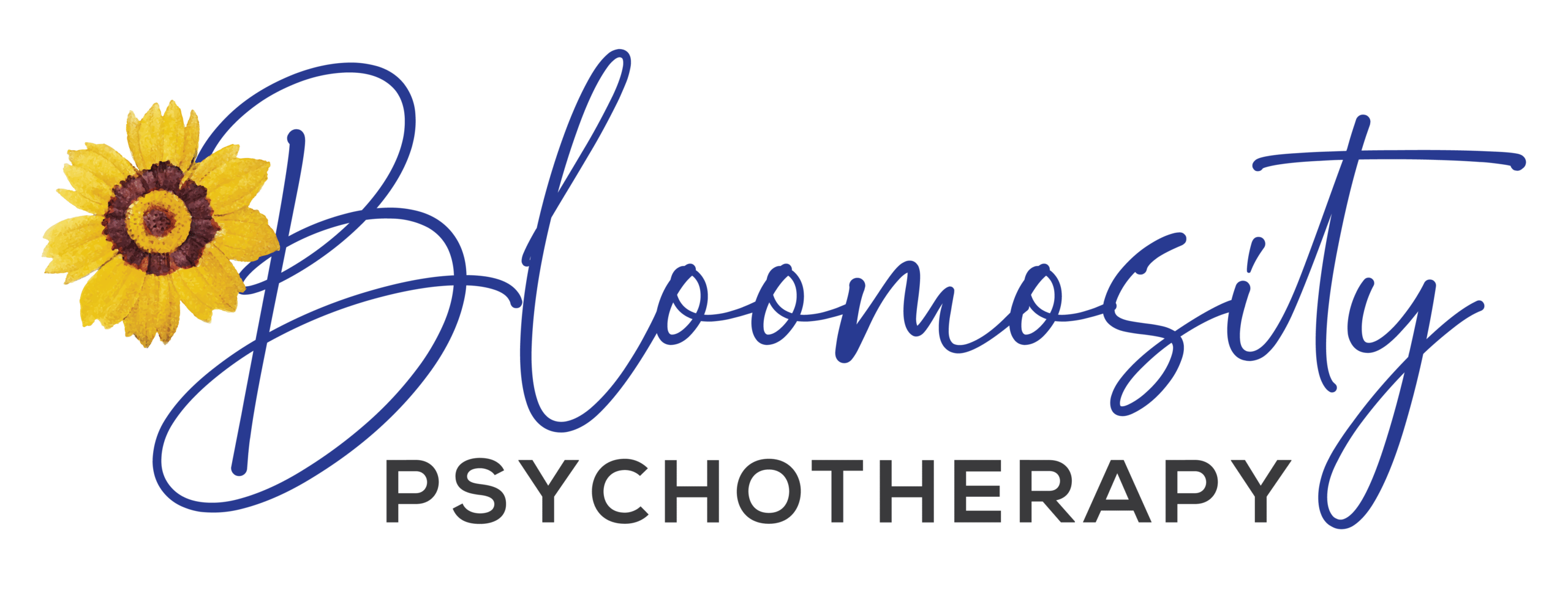Why are intimate relationships so hard? Why is our partner being emotionally distant and why won’t he or she commit? When we have difficulty in relationships, do we blame our partner for under-functioning? Or, is a third party causing strain on the relationship? According to Harriett Lerner (The Dance of Intimacy), when we focus on relationships at the expense of our own goals and life plans, relationships can overload. The result is dysfunction in our relationships. A strong, healthy, sense of self is paramount to having healthy, intimate relationships.
Relationships through several phases (1) romance (2) power struggle (3) actualization and autonomy and (4) autonomy and intimacy.
In the romance phase, we fall “head over heels” in love with our partner. The chemistry is intense and there is nothing that irritates us about our partner. In this phase, there is a co-dependency in relationships. We need the other person to “complete us”. We follow our emotions and don’t set any clear boundaries.
In the first phase, we believe that because our emotions are so intense, they must be right. We become blind to facts and follow our emotions. Hence the old adage, “love is blind”! Interestingly, we are attracted to aspects in the other person that are hidden in ourselves. Our partner is a mirror to our hidden self, our shadow side.
In this first phase of relationships, there is co-dependency or enmeshment. We need the other person to “complete us”. This is perfectly normal for this phase. However, relationships that are continually “stuck” in co-dependency, are not healthy.
In the power struggle phase of relationships, we begin to formalize the relationship in some meaningful way e.g. moving in together, committing to monogamy. However, aspects of our partner that were first “cute” are now a bit irritating. The shadow side of our self is now evident in our partner and we don’t like it.
This second phase is also when “baggage” from our past relationships (e.g. family of origin, past relationships) may interfere and we begin to re-assess our partner. Are they the person we thought they were? Many relationships could end here.
Counter dependency, or a fear of intimacy, is also evident in the power-struggle phase. When a person is counter dependent, they avoid relying on others because of a weak sense of trust. This can trace from a fear abandonment. Counter-dependent people try and distance themselves to avoid pain.
In her book the “Dance of Intimacy”, Lerner describes a “pursuer-distancer” polarity pattern that can be present in relationships. The “pursuer” in the relationship is convinced that all they want is more togetherness. The “distancer” is convinced of the opposite. Both pursuant and distancer behaviours trace from a “reflexive action” to anxiety or fear.
To create healthier relationships, we need to break these polarity patterns. We try something new and do this in a calm and non-reactive manner. For example, if we decrease the time spent pursuing our partner, we may come to realize that the cause of our anxiety relates to other issues (e.g. our family of origin). Decreasing time spent in pursuant behaviour frees up time to address the other issues.
To address commitment issues, or any issue, we need to be in a non-reactive state of mind. Keeping anxiety down in a relationship is key. This is because anxiety drives reactivity which in turn drives polarities such as pursuer-distancer.
In the actualization and autonomy phase, we gain more independence and our life goals become important again. As well, other things are prioritized instead of the relationship. We may reconnect with friends and if there are children, we busily support them. This independent focus can cause feelings of loneliness or neglect for one or both partners.
In this third phase, we may feel that our partner is “never at home anymore” or other negative feelings may surface. When negative feelings are present, it increases the risk of infidelity or addiction. These risky behaviours help to fill the void in the relationship.
A weak sense of self may cause people stay in an unhealthy relationship. People suffering from low self-esteem may feel that the relationship is “good enough” or they may fear that “I won’t find anyone else”. It can also be scary to leave a relationship if you depend on the other person for financial security.
In the autonomy and intimacy phase, we develop inter-dependence. Possessiveness and fear is diminished and confidence and trust increases. We fall in love again without the “rose-coloured” glasses of the romance phase. We know the strengths and weaknesses of the person, and still love them. In this fourth phase, each partner has independence that is separate from the “us” of the relationship.
Relationships are sacred. Be careful of judging (comparing yourself to another couple) or perfectionism. Psychotherapy can help you work within each of the four phases of relationships. Strong relationships will develop when we have a solid sense of self. Your therapist can help you develop this.


